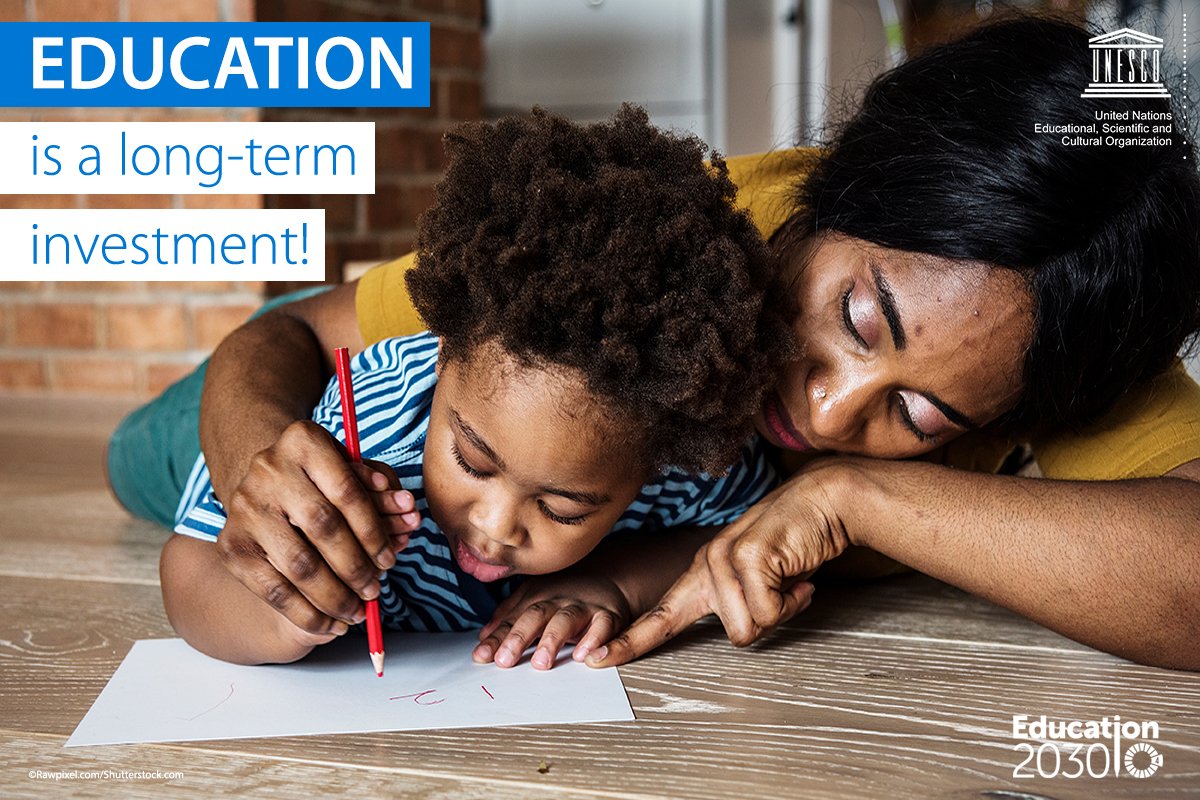Research shows that across the world, there are 152 million children who are victims of child labour, with almost half of them aged 5-11 years. But instead of waking up for a day of learning, they wake up for a day of hard labour – in fields, in factories, and in unimaginable conditions. More than 75 million children are in crisis situations due to emergencies and wars – all of whom have the threat of exploitation hanging over their heads, unlikely to be able to return to any kind of life of normality during their childhoods. These are all children who are denied the dreams to which every child should have the right, like a right to education. According to UNESCO, 264 million primary and secondary school age children are out of school.
It is against this background that on Feb 1-2 2018, GATJ representatives and partners spoke on the need for tax justice to fund public education at the GPE Financing Conference under the theme “An investment in the future”. The conference brought together developing and donor countries, multilateral organizations, civil society, private sector, and philanthropic foundations in Dakar, Senegal. It was the first time a donor and developing country co-hosted such an event. At the plenary session, Ghana’s president Nana Akufo-Addo stated: “Money is available [in Africa] to fund education. For this, we must eliminate corruption and illicit financial flows.”
David Archer, Head of Participation and Public Services at ActionAid International and GCE Board member wrote an op-ed on the opening day, titled “For Education Justice we need Tax Justice”.
“We need an integrated approach, argues Archer, that addresses four S’s — the size of government revenues overall, the share spent on education, the sensitivity of allocations and the scrutiny of spending in practice. All four are important but the one that is too often missing from education debates is the first — the size of government budgets. It is time for education advocates to connect with tax justice campaigners — and to reach out to other sectors in the public service to build movements that can transform the financing of all public services”.
Indeed, Archer qualifies our co-hosted event as “an unprecedented alliance of forces calling for everyone to understand the links between education justice and tax justice”: “Our Secretary General, Adriano Campolina will speak alongside the Executive Director of Oxfam, Winnie Byanyima; the President of the Global Campaign for Education, Camilla Croso; the Chair of the Global Alliance for Tax Justice, Dereje Alemayehu and the Director General of the Norwegian government’s aid programme Jon Lomoy”.
Dereje Alemayehu, chair of GATJ’s Coordination Committee, reiterated in both panels he participated in:
“Development aid for education is good only if it is considered complementary and not main source of financing education – tax remains the only reliable and sustainable source of finance for education and other essential public services. We should not limit the issue to allocation of a certain percentage to education in a given budget; it should be about increasing the budget pie (the public revenue) before the allocations begin.
Increasing tax/GDP ratio is not a good indicator of the fairness of a tax system – the ratio can be raised by disproportionately shifting the tax burden from capital to labour, as has happened in most OECD countries in the last 30 years”.
“To ensure Tax Justice, Alemayehu affirmed, is to increase public revenue by maintaining a progressive tax system:
- End exemptions and exoneration for the rich;
- Decrease forgone and forsaken public revenue through tax holidays and other tax giveaways;
- Curtail tax dodging by multinationals
- Stop illicit financial flows”.
Many partners from Latin America, Asia, Europe and of course Africa stressed on the importance of #TaxJustice to effectively #FundEducation:
Camilla Croso, Global Campaign for Education Board President, just published “After Dakar, where to from here?”, the Global Campaign for Education’s reflections from the GPE Financing Conference and thoughts on the future of education financing, with a major focus on Tax Justice.
You can read the live blog from those two dense days here, mostly in English.
